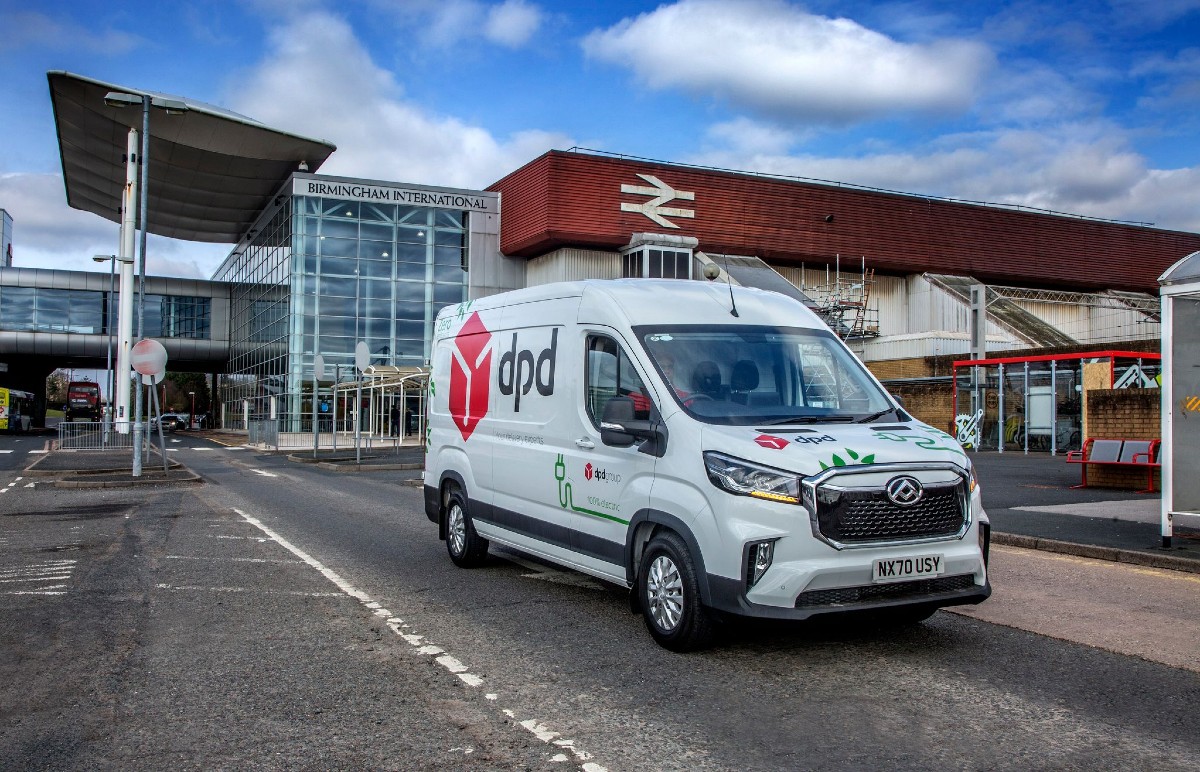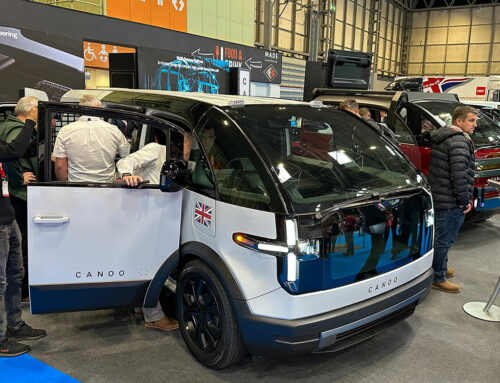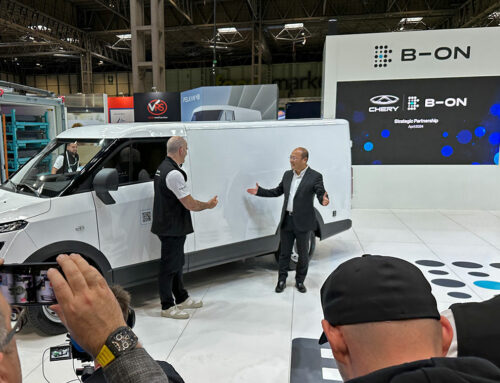THE delivery industry is on the cusp of an electric vehicle revolution fuelled by increasing consumer concerns over the environmental impact of their home deliveries in lockdown, according to new findings.
Research, from EO Charging, developer of electric vehicle charge-points and charging software, reveals that the number of online orders people make for goods to be delivered to their home has shot up by 35% since the beginning of the pandemic. People make an average of eight online orders a month for home delivery from food to clothing and household goods, collectively well over 400 million orders a month.
Consumer concerns
However, consumers are becoming more aware of the environmental impact of their home deliveries, with half (50%) saying they have become more conscious of it since the start of the pandemic.
Over half (57%) of respondents say they currently take measures to consider the environmental impact of their online shopping, such as grouping deliveries, minimising returns or only using vendors that use recyclable packaging.
However, many more would like to see greener home deliveries. Three-quarters of UK adults (73%) would prefer to buy products from companies that deliver them in an environmentally friendly manner and 72% would be likely to use a green delivery option if one was available on the online shopping websites they use. Half (51%) would even be willing to pay an additional charge for a delivery that was environmentally friendly.
Delivery Desires
| Statement | Percentage of UK adults who agree with this |
| I would prefer to buy products from companies that deliver them in an environmentally friendly manner | 73% |
| In the next 5 years, I would like all my home deliveries to be delivered in a low-carbon manner (e.g. electric vehicles, cargo bikes, walking) | 73% |
| I would be likely to use a green delivery option if one was available on the online shopping websites I use | 72% |
| I would be happy to wait longer for deliveries if it meant they were able to be grouped more efficiently therefore reducing pollution | 71% |
| I would be willing to pay an additional charge for a delivery that was environmentally friendly | 51% |
Charlie Jardine, CEO and Founder of EO, said: “Three national lockdowns have really cemented the increased likelihood for people to buy goods online and get them delivered to their doorstep – but they are also aware that all these deliveries come at a cost to the planet. A large majority of people are keen to see all their home deliveries arriving in a low-carbon manner in the next five years, whether that is by electric vehicle, cargo bike or on foot.”
Electric vehicle fleets on the rise
Many of the companies responsible for the most deliveries around the country are already investing in low-carbon solutions.
A snapshot survey of announcements made by the UK’s preferred parcel delivery companies suggests that 7 out of 8 of them have already made commitments to integrate EVs into their fleets or have already started trialling them. Examples include:
- DPD, which already operates over 700 electric vehicles and has pledged to only buy EVs in future
- Hermes, which has a fleet of 1,500 electric cars and plans to introduce electric vans nationwide (it already operates electric vans in London)
- DHL, which aims to operate 400 EVs in its UK fleet by 2025
Online retailer Amazon, which is increasingly delivering its own goods, announced a deal in 2019 to buy 100,000 custom-built electric vans from Rivian Automotive to reduce its carbon footprint globally; and last August announced an order of 1,800 electric vans from Mercedez-Benz to be rolled out in Europe.
Recently released data from the Society of Motor Manufacturers and Traders (SMMT) revealed that electric van sales were up an incredible 64.4 per cent in 2020 compared to 2019.
Despite technical challenges including the weight of batteries to power on-board refrigeration reducing the amount of goods that can be carried, several grocers have also made commitments in the EV space, as well as other initiatives such as ‘green delivery slots’ operated by Sainsbury’s and Morrisons, which coincide deliveries with others in the same area.
“Our revenues have surged”
Companies in the EV supply chain are benefiting considerably from the wave of interest in electric fleets. Suffolk-headquartered EO, which designs and manufactures electric vehicle charging stations and cloud-based charge-point management software for fleets, says it is driving a huge amount of growth.
Jardine added: “The environmental challenge of home deliveries is significant but it’s one that a lot of large delivery fleet owners are taking seriously. As a business we have seen our revenues more than treble in each of the past three years but demand has visibly surged in the past 12 months and a big part of that is due to delivery companies.”
EO, whose strategy has focused on business fleets rather than consumer vehicles and whose clients include Ocado, Sainsbury’s and DHL, experienced record revenue growth in 2020 fuelled by some major contract wins with global logistics and delivery companies in the UK and overseas.
Jardine said: ‘Many of these businesses have been planning for a switch to electric vehicle fleets for some time, but the governmental commitment and support to the EV sector has really super-charged these plans. The level of interest in implementing EV infrastructure is going up and up and it is helping us to continue our fast growth trajectory.”







Leave A Comment